SB 1053 & AB 2236: IT’S MORE COMPLICATED THAN LAWMAKERS THINK
PLASTIC BAGS ARE NOT BANNED.
THE HAVES AND THE HAVE-NOTS.
While it’s certain that SB 1053 and AB 2236 will ban the recyclable film plastic bags currently sold in stores, bill proponents say that paper bags made from 50% recycled paper content will be the only option available at check-out. That claim is misleading at best.
Grocery stores will likely opt to sell thicker, non-recyclable bags that look like cloth but are very much made of plastic. Why? Because stores can charge more for those than they can for paper. As The Wall Street Journal reports, states like New Jersey, which have gone down a similar road to what California is proposing, have seen an increase in plastic waste and an increase in cost to consumers as grocers charge more for these thicker bags. These bags are worse for the environment, plain and simple.
BAD FOR CONSUMER HEALTH.
SB 1053 and AB 2236 bags would be exempt from registering their location of origin and testing for toxicity requirements. This would incentivize the use of bags made overseas, making these products unsafe for consumers.
SAY GOODBYE TO CALIFORNIA’S RECYCLING INDUSTRY.
SB 1053 and AB 2236 threaten California’s growing recycling industry by banning recyclable plastic bags. Recycling is real, and there are California-based companies that recycle plastic bags, provide jobs and create tax revenues. If these bills pass, all of that will be lost.
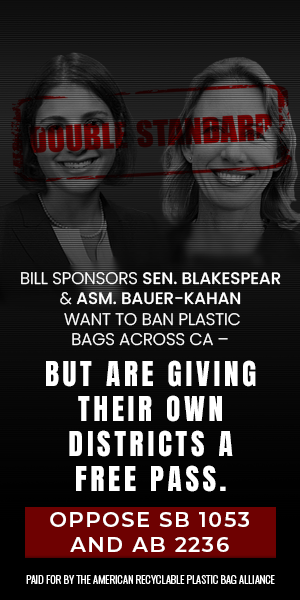
PAPER BAGS MAKE GROCERY SHOPPING HARDER.
Even if all plastic shopping bags were banned, consumers would still lose. Try carrying your paper grocery bags on a bus or public transit—not to mention what happens when it rains. Remember, this legislation also affects home delivery of groceries. These thin paper bags would be sitting outside in all sorts of weather conditions.
Plastic and paper bags each have their own utility, but that's exactly the point—there's no need for SB 1053 and AB 2236 to destroy consumer choice and make it harder for Californians to carry their groceries from the store to their homes. It's just common sense.
PAPER BAGS ARE NOT THE ENVIRONMENTAL OPTION MANY THINK THEY ARE.
Researchers at Clemson University conducted a Life Cycle Assessment analysis to provide an objective, data-driven resource for making decisions about grocery bag use. They compared six commonly used grocery bag types based on their potential environmental impact:
“Our results also show that paper bags, even with 100% recycled content, have significantly higher average impacts on the environment than either of the reusable bags or PRBs [single-use plastic retail bags].”
"Our results in this study show that these regulations and policies may result in a negative impact on the environment rather than positive. Even though paper bags come from a renewable resource and are easily recycled, it is likely that they are not the best environmental choice."
Considering these results, the plastic bags allowed under current law (SB 270) are reusable and recyclable, making them an attractive option for environmentally conscious grocery store shoppers.
LOCAL CONTROL HAS BEEN REMOVED.
SB 1053 and AB 2236 maintain a grandfather clause, allowing municipalities with bag ban ordinances before September 1, 2014, to be excluded from statewide regulation. More than 40% of the state’s population likely resides in exempted localities. All other localities will lose the autonomy to legislate this issue for their residents and be subject to state rule.
THE HAVES AND THE HAVE-NOTS.
SB 1053 and AB 2236 divide cities and counties into two groups: those with autonomy over their bag regulations and those subject to state rule. Typically, the municipalities maintaining local control are wealthier and predominantly white, while those governed by state law are often rural minority-majority communities. The kicker is that the authors of this legislation propose stricter regulations in areas other than where they live.
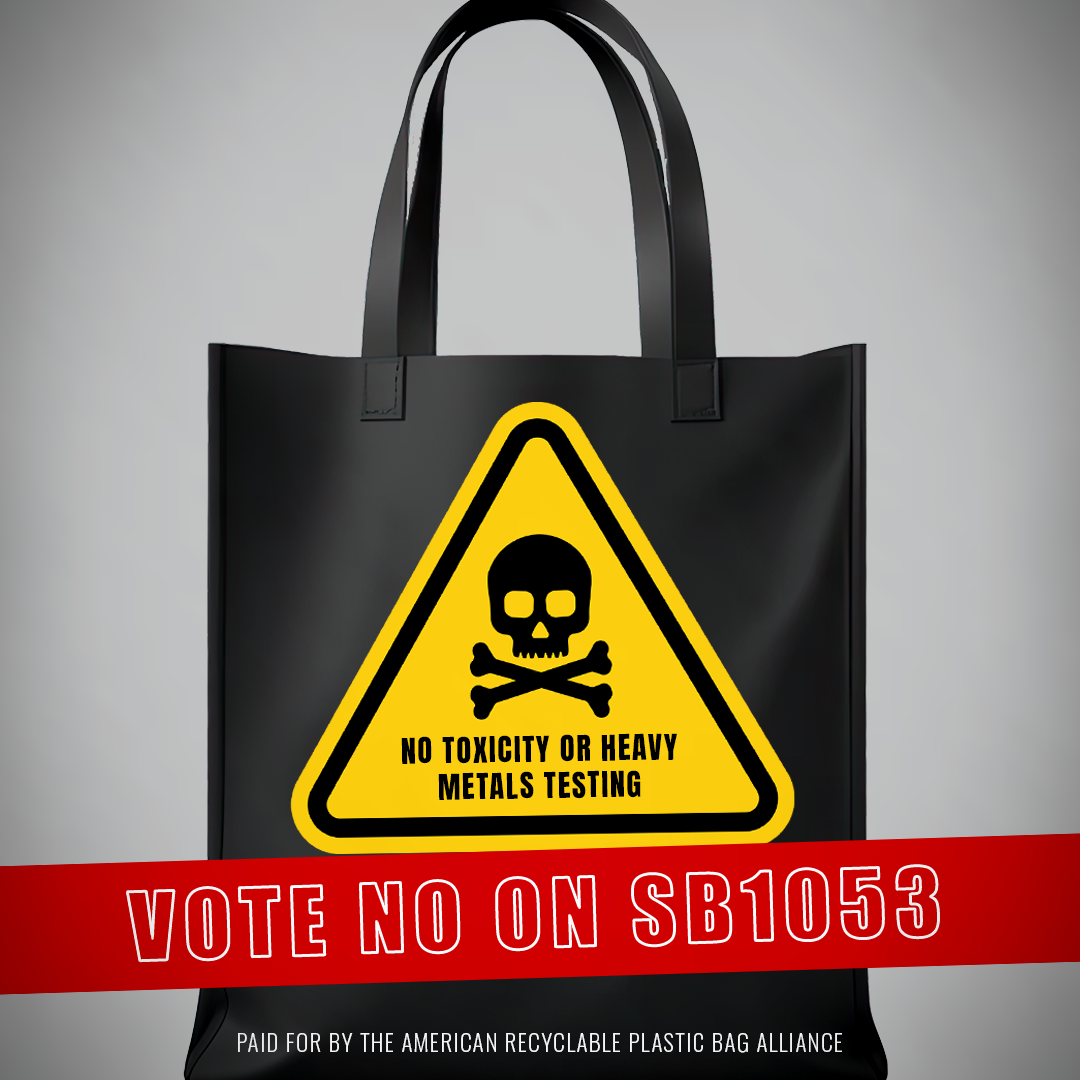
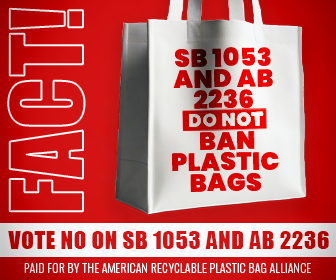
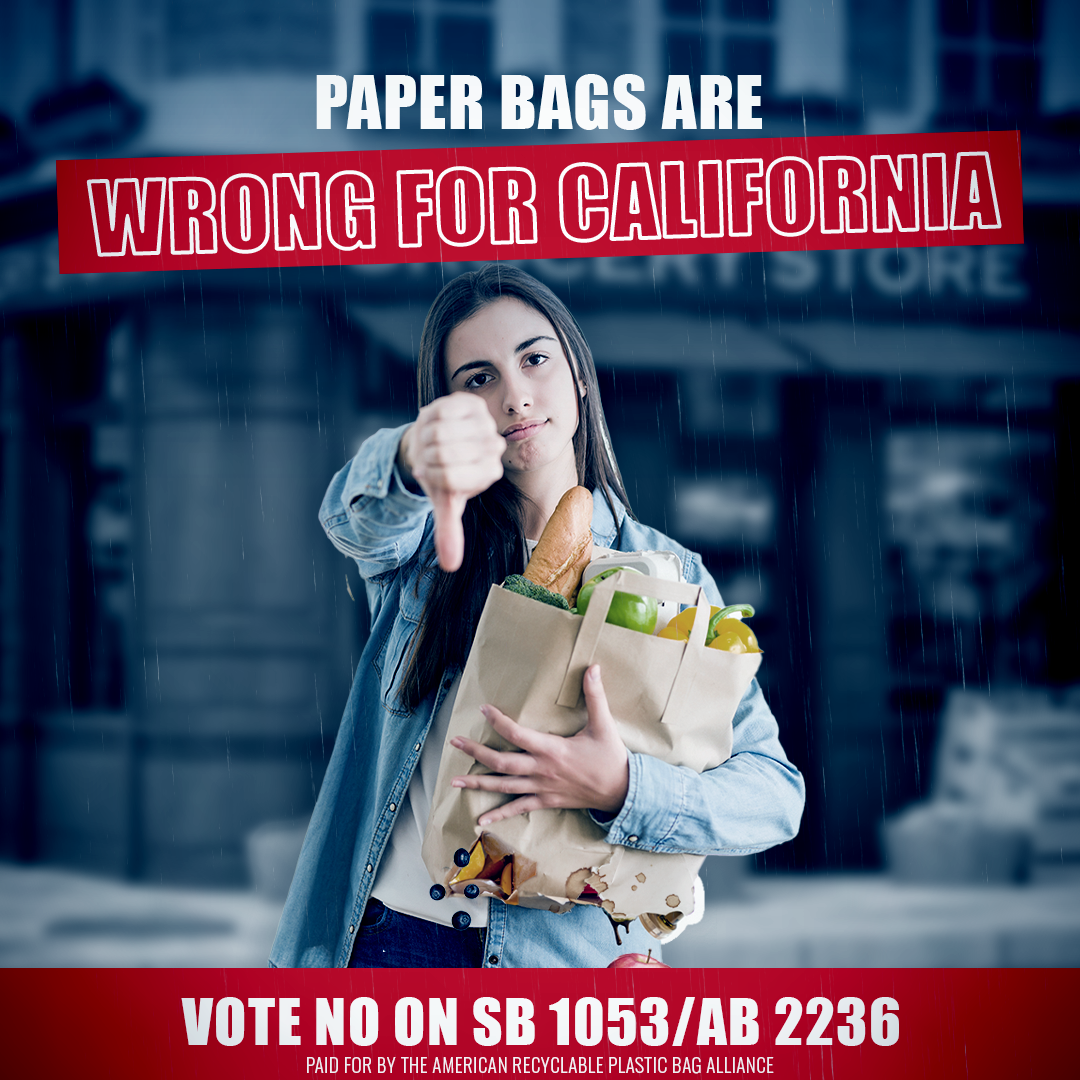
CONTACT YOUR LEGISLATOR AND URGE THEM TO PROTECT BAGS AND CONSUMERS BY VOTING NO ON SB 1053 AND AB 2236.
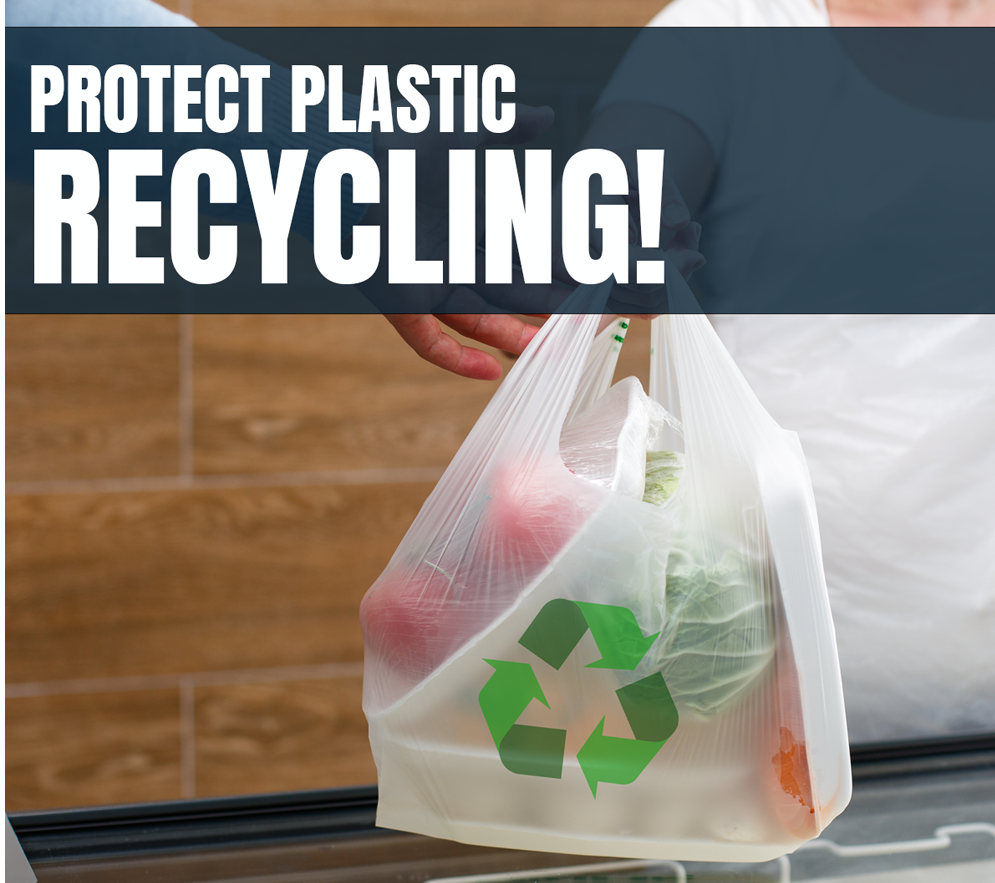
SB 1053 & AB 2236 threaten CA’s plastic recycling industry! We need a circular economy, not a paper-only solution.
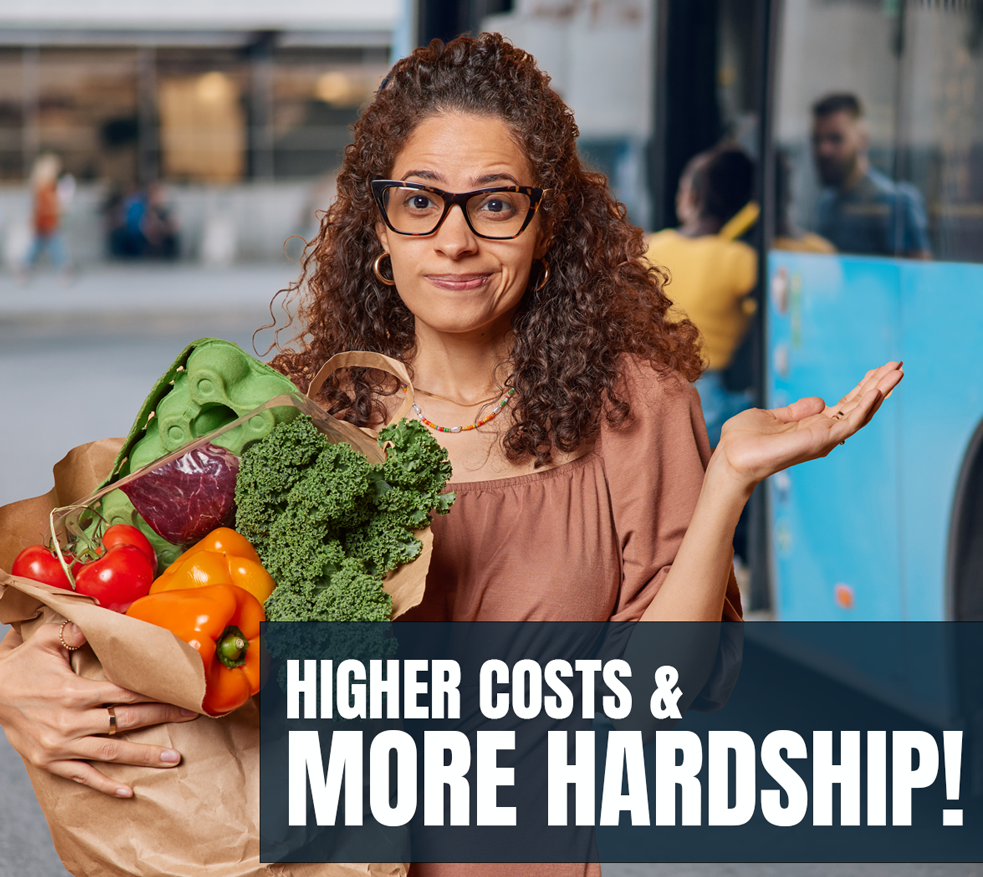
SB 1053 & AB 2236 hit lower-income communities hardest. Driving up grocery costs and making it harder to bring food to the table. Unfair and inequitable!
Thank Your Defenders of Recycling
California Assemblymembers
Assemblymember James Gallagher
Assemblymember Kate A. Sanchez
Assemblymember Cecilia M. Aguiar-Curry
Assemblymember Juan AlanisAssemblymember Jasmeet Bains
Assemblymember Lisa Calderon
Assemblymember Wendy Carrillo
Assemblymember Sabrina Cervantes
Assemblymember Phillip Chen
Assemblymember Megan Dahle
Assemblymember Laurie Davies
Assemblymember Diane Dixon
Assemblymember Heath Flora
Assemblymember Jesse Gabriel
Assemblymember Chris R. Holden
Assemblymember Josh Hoover
Assemblymember Tom Lackey
Assemblymember Devon Mathis
Assemblymember Stephanie Nguyen
Assemblymember Blanca Rubio
Assemblymember Esmerelda Soria
Assemblymember Avelino Valencia
Assemblymember Carlos Villapudua
